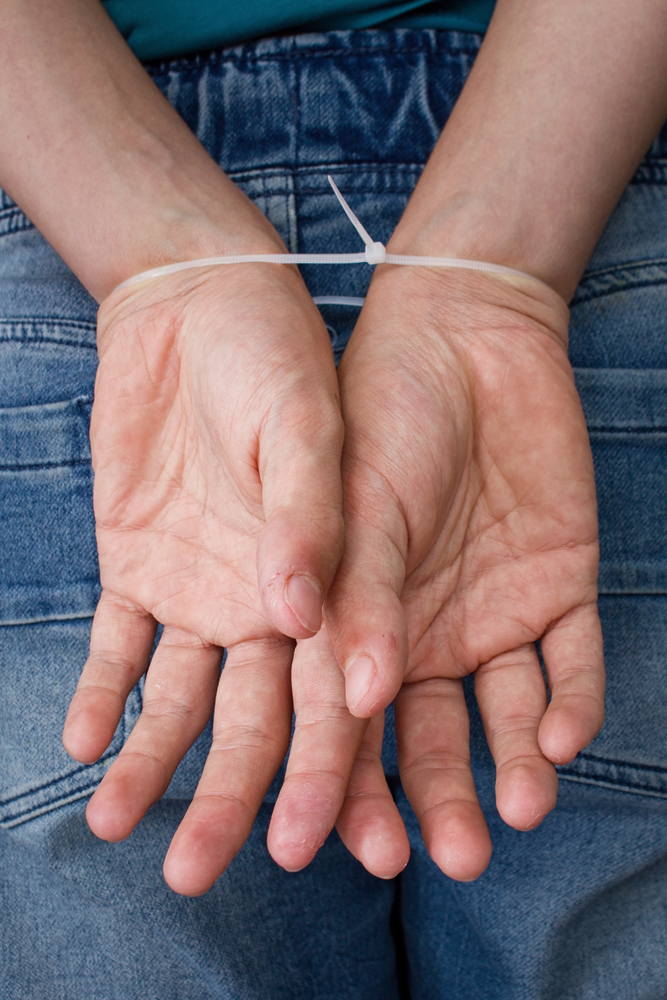How Loneliness Fuels Addiction Addiction Recovery
Support addiction and loneliness groups focus on the present lives of people struggling with addiction and on the path to recovery, emphasizing growth, resilience, and the pursuit of a healthier future. This forward-looking perspective helps you move beyond the shadows of your past mistakes, cultivating a sense of optimism and possibility. The theoretical basis and research application of social support rating scale. Social support and interpersonal relationships in school of children left in rural areas.
Combating Loneliness in Recovery
Currently focused on advocating, educating and developing projects leveraging evidence based, real time technology to support individuals in recovery. Business professional in the Addiction Recovery and Mental Health industry for the past 26 years. No matter what recovery community you join, it’s important that you attend some kind of meeting or group aimed at helping you stay on the road to recovery.

7. Subgroup analysis based on measures of association

Events like the COVID-19 pandemic intensified these effects, leading to increased substance use due to heightened loneliness and disrupted support systems. Addressing social isolation through community involvement and integrated care is vital for effective prevention and recovery. Loneliness is a silent force that can cast https://asacgroup.co.ao/are-psychedelics-addictive-side-effects-and-risks/ a long shadow over your mental well-being. Numerous studies have consistently highlighted the profound connection between those who feel isolated from social interaction and poor mental health, underscoring the potential for loneliness to exacerbate existing issues.
Table 3. Comparing Men and Women with Substance Dependence Disorder Based on Subscales of SELSA-S a, b.
Ultimately, this holistic approach empowers individuals to break free from the cycle of addiction and loneliness, leading to healthier and more fulfilling lives. Also, recognizing loneliness as a serious health issue helps us create effective ways to promote social connections and support mental health. By focusing on this problem, we can build healthier communities that encourage people to connect with one another and reduce the negative effects of loneliness. Two hundred and twenty eight individuals were enrolled in this cross sectional study. Hundred and eighteen drug abusers were recruited through random sampling among the clients referred to Baharan Psychiatric Hospital, and 110 non-substance dependent individuals were selected from their companions, students, and staffs.
Managing Triggers: Self-control for a fulfilling life
Moderate internet use can be helpful and make our lives easier; however, excessive, uncontrolled use has negative consequences (Shi et al., 2017). The available literature suggests that using the internet for 5 h or more per day is considered problematic (Odacı & Kalkan, 2010). Excessive use of the internet has been described as internet addiction (IA), pathological use of the internet, internet dependency, and problematic internet use (PIU) (Odacı & Çelik, 2013). IA is defined as inability to control the internet use that eventually leads to impaired psychological functioning, emotions, interpersonal relationships, and academic performance (Li et al., 2016).

Focusing on strengthening youths’ social relationships and educating them about the harms of loneliness are additional main implications suggested by this research. Loneliness, as a standalone emotional state, can contribute to feelings of isolation from social connection and a sense of disconnection from the world. However, when coupled with the temporary escape provided by substances like alcohol or drugs, you can unintentionally make Sober living house their impact worse on your cognitive health. The initial relief offered by these substances often gives way to heightened levels of stress, depression and anxiety, which can cause you to use drugs more to deal with your feelings, and the cycle continues. Moreover, both subjective social support and Internet addiction levels increase over time.
Conversely, chronic drug use can diminish social motivation, leading to withdrawal from social networks and further loneliness. This bidirectional relationship creates a cycle where isolation promotes substance use, and substance dependence deepens social disconnection. While avoiding social media altogether may be incredibly difficult, it’s important to limit the amount of time you spend on social media.
- These relationships won’t heal overnight, but it’s important to make attempts to rekindle the relationship, beginning by apologizing and taking ownership of the situation.
- Relatively recent trends in innovative and opportunistic ways of combining multiple substances have arguably laid the groundwork for adaptive responses to shifting drug markets.
Nevertheless, sex differences are not significant in the other two dimensions of social support. This is in line with previous research (e.g., Gao et al., 2007; Liu et al., 2009). Therefore, it can be said that our research has deepened the understanding of sex differences in social support. As for the sex difference in TMP at one year after beginning of the college, this may because boys are more willing to spend plenty of leisure time on games for entertainment than girls (Hupfer and Detlor, 2007; Niculović, 2014). However, on the whole, the sex differences of Internet addiction are not significant. So the Internet addiction of both college boys and girls deserves the attention of family, school and society.
The moderating variables of the relationship between loneliness and internet addiction
Changes in the level of loneliness among middle school students have not been statistically significant 46, 47. However, in college, the level of loneliness in freshmen is significantly higher than that in other grades 48. Bridges of Hope is an accredited drug and alcohol detox and rehabilitation center with customized programs tailored to each individual patient. Not only will exercise help you heal physically and get you into shape, but it will also boost your mood by raising your levels of endorphins and dopamine. Exercise can be a great distraction from negative thoughts, and if you hit the gym or work out with family or friends, it can help you reconnect.
The desire for intimacy in the relationship is replaced by the pursuit of a temporary high, and the result is often a strained and damaged support system. Relation of quality of life to negative stressful life events and social support in rural elderly. Relationship of internet addiction with loneliness and depression among high school students.




